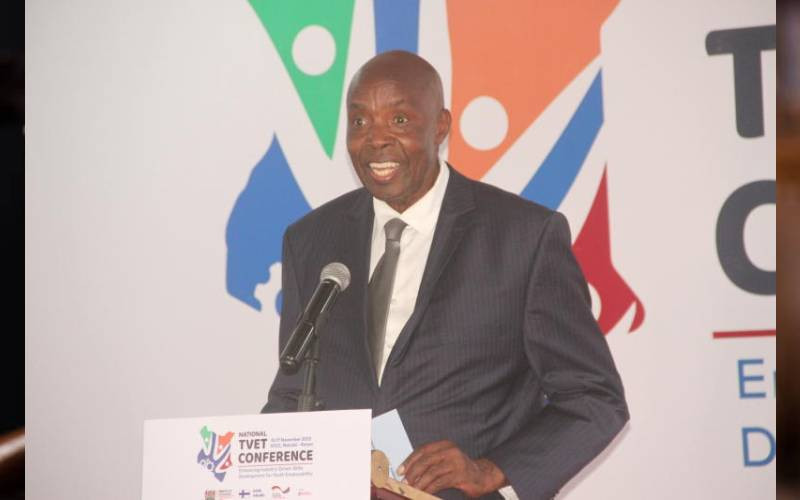
Kenya's Technical And Vocational Education and Training (TVET) sector is undergoing major reforms aimed at revitalizing the sub-sector and addressing labour market demands. The reforms are based on the findings of the Presidential Working Party on Education Reform.
Education Cabinet Secretary Ezekiel Machogu said that the Working Party recommended periodic review of the TVET curriculum to ensure its relevance to the dynamic needs of the job market. He also emphasized the importance of close and robust linkages and connections between TVET institutions and the industry.